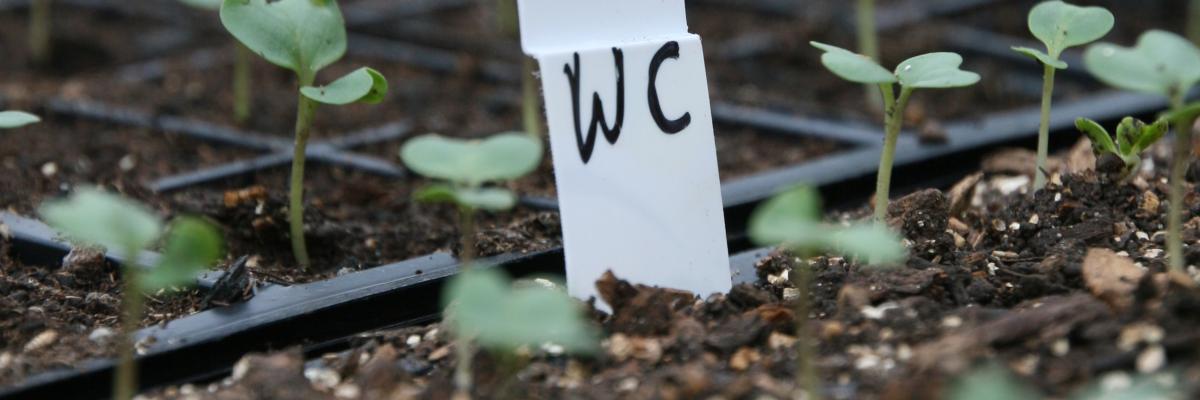

DIY peat-free growing media
Webinar focusing on how to create your own peat-free growing media for plant raising
Watch the video
This OGA-hosted webinar discusses the materials that can be used in DIY peat-free mixes, and the responsible sourcing of materials, and features Iain Tolhurst (Tolly) who has been successfully using his own composted woodchip in plant propagation for a number of years, and researchers from Coventry University’s Centre for Agroecology, Water and Resilience (CAWR) who have been investigating the topic as part of the Organic-PLUS project. Judith Conroy charts the development of peat as a growing media and the landmarks and 'false dawns' on the road to phasing out peat due to environmental concerns. Francis Rayns talks about trials into peat alternatives for growing media at Ryton, focusing on the use of woodchip compost as a growing medium. Margi Lennartsson introduces the HTA/GMA Responsible Sourcing Scheme, which went public in 2022. This was the industry response to the phase out of peat to ensure that materials used in growing media are assessed on a standard basis.
- It takes 12-18 months to compost woodchip to be usable in propagation - keep it covered to avoid weed seeds and sieve to remove lumps of wood. Tolly’s growing media mix is fungally rich and particularly good for brassicas, lettuce, tomatoes and peppers. His recipe (mixed using a cement mixer) is:
- 4 parts 10mm woodchip compost > 18 months ( 4 x 15 litre buckets)
- 1.5 part vermiculite to dilute the nutrients and improve water-holding capacity. (1.5 x 15 litre bucket)
- For alliums, add 1 litre animal-free fertiliser 5:5:5
Download his presentation here: Peat-free media: a grower's experience
- Growing media based on woodchip compost performed well in CAWR trials. Vermiculite didn't improve performance of the mix. Available nitrogen (N) in the woodchip compost mixes rose steadily over a 3-month period - with more N present than in the control.
- DIY mixes such as Tolly's performed well on most criteria when put through the Responsible Sourcing Scheme assessments, except for the use of vermiculite, which expanded under heat.
- Margi Lennartsson concluded the webinar with a clarion call for phasing out peat in professional organic horticulture with immediate effect, urging organic growers to take a lead on the issue.
Download CAWR presentations (Judith, Francis and Margi)
Also see 'Transitioning towards peat-free horticulture in the UK' for further information
